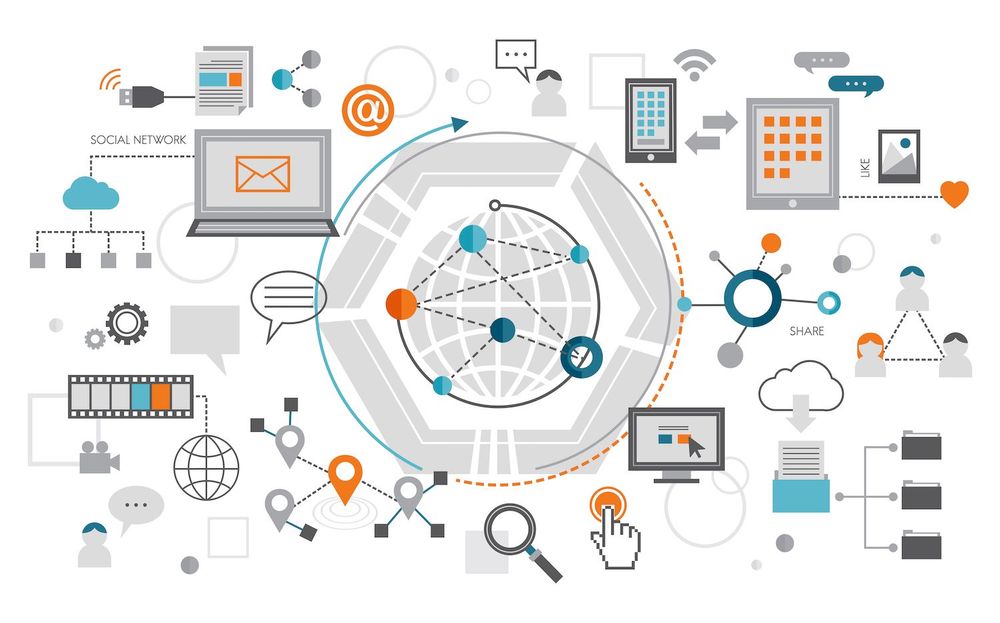Digital Creator: What's it and How do I turn into One (2023 The Guide) |
In this article we'll explain the concept of digital creator. We'll explain the term "digital creator" and" help you understand the advantages and disadvantages to the role, walk the reader through different kinds of digital content and then explain how you can become an internet-based creator. If you're considering becoming an online creator of digital content, this guide is the perfect guide for you!
((toc))
What exactly is this digital creator?
Definition of Digital creator
Digital creators are person who produces and shares original content in digital media. Common digital creators employ formats such as text, videos pictures, written text and animation. Unlike people who make physical creations Digital creators enjoy greater versatility with digital tools. They can leverage massive distribution networks to reach individuals, create fans and even sell their digital products.
Internet content can be divided into content created by independent creators and content created by corporations and brand names. Although content creation might seem like the two categories of content, both are different in their goals.
- Content creators are often individuals who create their own content for artistic expression, education as well as to attract followers and make money from their work .
- Organizations and brands often employ digital artists to educational content for their customers, build members-driven development businesses, and increase brand awareness.
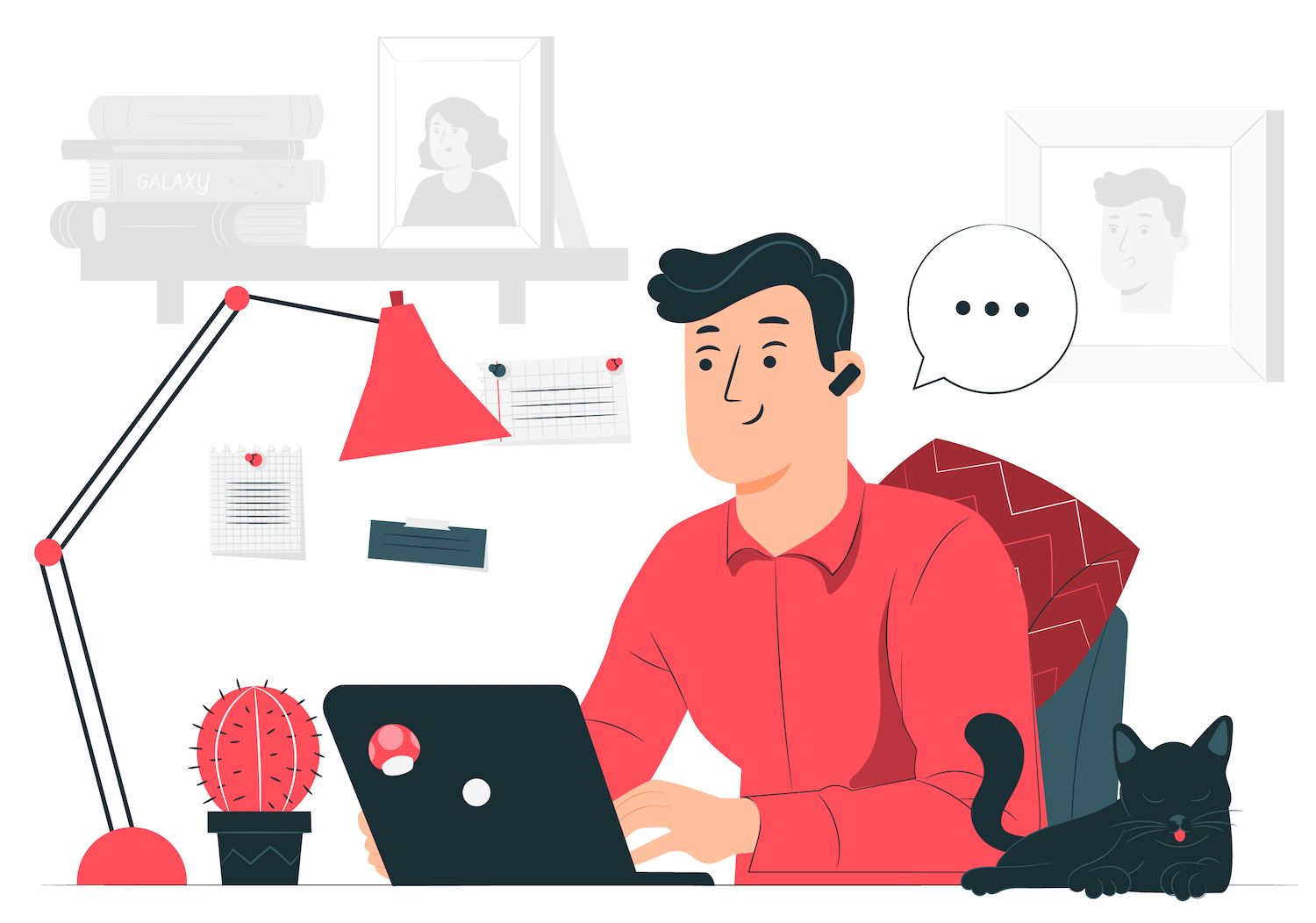
The increasing popularity of digital media
Digital creators play a vital component of our interactions with technology. Many of the applications that we enjoy including Instagram, YouTube, Facebook or LinkedIn would be nothing with out the creators of digital media who make up the apps.
Here are some incredible figures to demonstrate that digital creators won't be ever going away:
- In the least, 300 million people from social media platforms frequently share content and make digital artifacts.
- 30% of 18-24-year-olds believe that they are content creators. 40 percent of people between 25 and 34 believe that they are as content producers ( Hubspot ).
- 40 percent of Generation Z value influencer recommendations for purchasing more than friends or relatives (Hubspot).
- The entire market value for influencer marketing has been estimated at $21.1 billion. .
- 40% of all digital creators earn less that $1000 per year in revenues ( Linktree ).
- 66% of digital creators believe they work in part-time (Linktree).
- While AI can have a significant impact in the production of content just 26% of those trust the creation of content with AI (Hubspot).
The stats presented are inspiring and humbling. With the number of digital content creators and the sheer amount of content to create, it's disappointing that some creators do not earn much cash. In the next section, we'll discuss some of the most profitable forms of digital creation.

What is a digital creator able to accomplish?
Digital content creators may not always accomplish everything However, when we consider what the typical creator it's not something to be sneezed at. While your parents might not be understanding it (you upload photos to the internet? Would you say that's hard? ) The job of a digital creator isn't an easy task.
Digital creators typically...
- Review the role of digital content in the field and look for opportunities.
- Make digital content by making use of digital and analog tools: create, design, build, edit.
- It is essential to have amazing technological and artistic capabilities (e.g. editing videos, photography Writing, marketing in digital format ).
- Learn how to make the most of the power of social media, email and social networks. To get their work seen by everyone in all over the world.
- Establish interpersonal connections (with members, followers and brands, sponsors and (with members, followers, sponsors, names of sponsors, members, followers and. ).
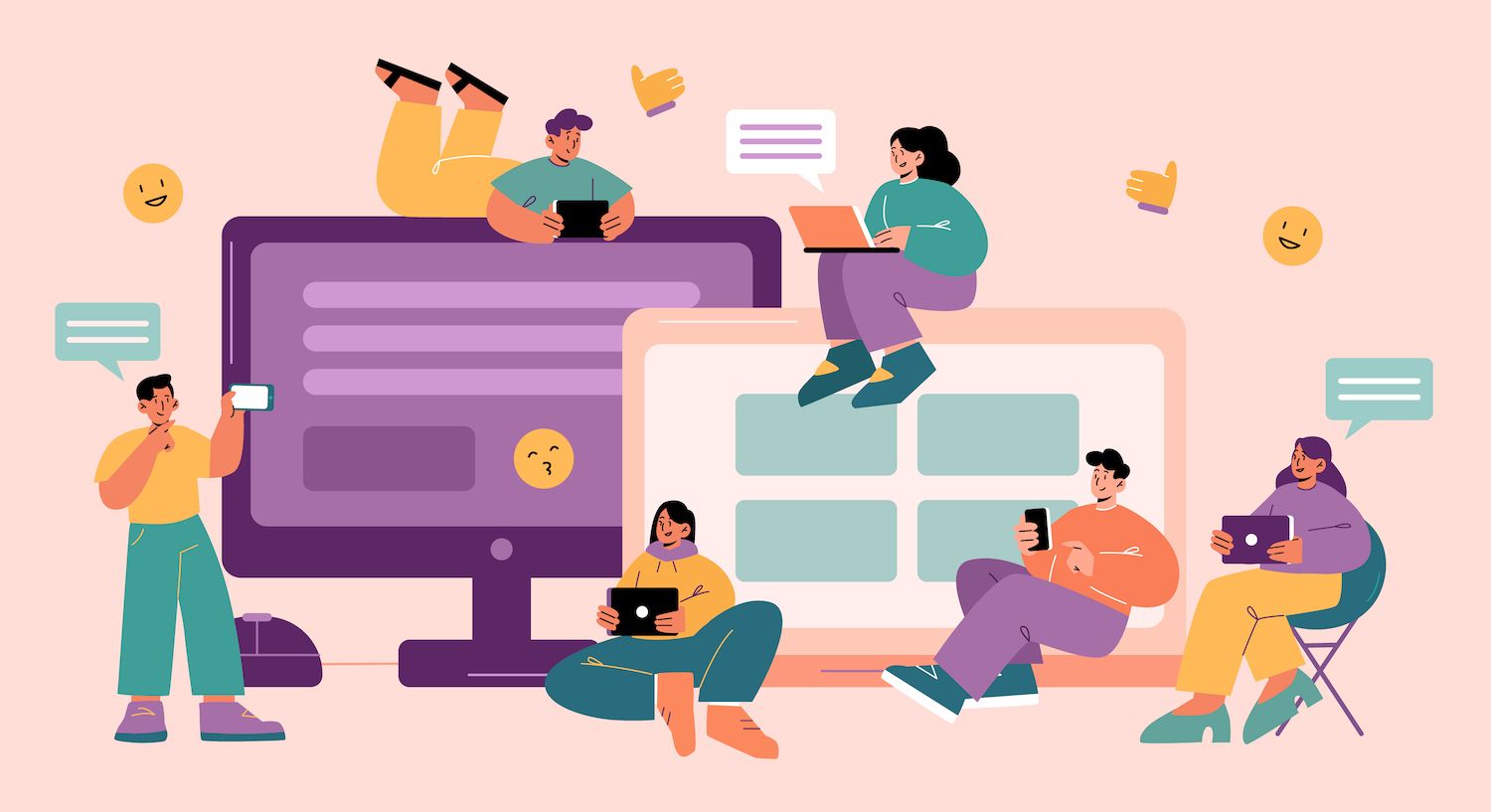
What is the reason to becoming the digital creator?
Creative expression
If you believed that you thought that the Italian Renaissance was the peak of human creativity, it was not the case. Millions of creatives who are independent have the ability to create projects they like and have their work in front of the world without the need for gatekeepers.
With the advent of the internet, you can find almost everything available for sale. No matter how niche. There is a market to suit your needs.
This is a perfect moment to be a digital artist. Since you are able to create whatever you like.
Flexible career path
Ten years ago, becoming an author meant being published in the top magazine. In order to be a photographer it's likely that you'd require an dark space, a number of costly equipment as well as an exhibit in a gallery. Painters will likely require the same thing.
Today, there's a wide range of jobs that need digital artists. It is possible to work as freelancer, and then create a successful digital company, or you take your talents into one of the thousands of companies that needs assistance from them, and you have the potential for a career with a lot of flexibility.
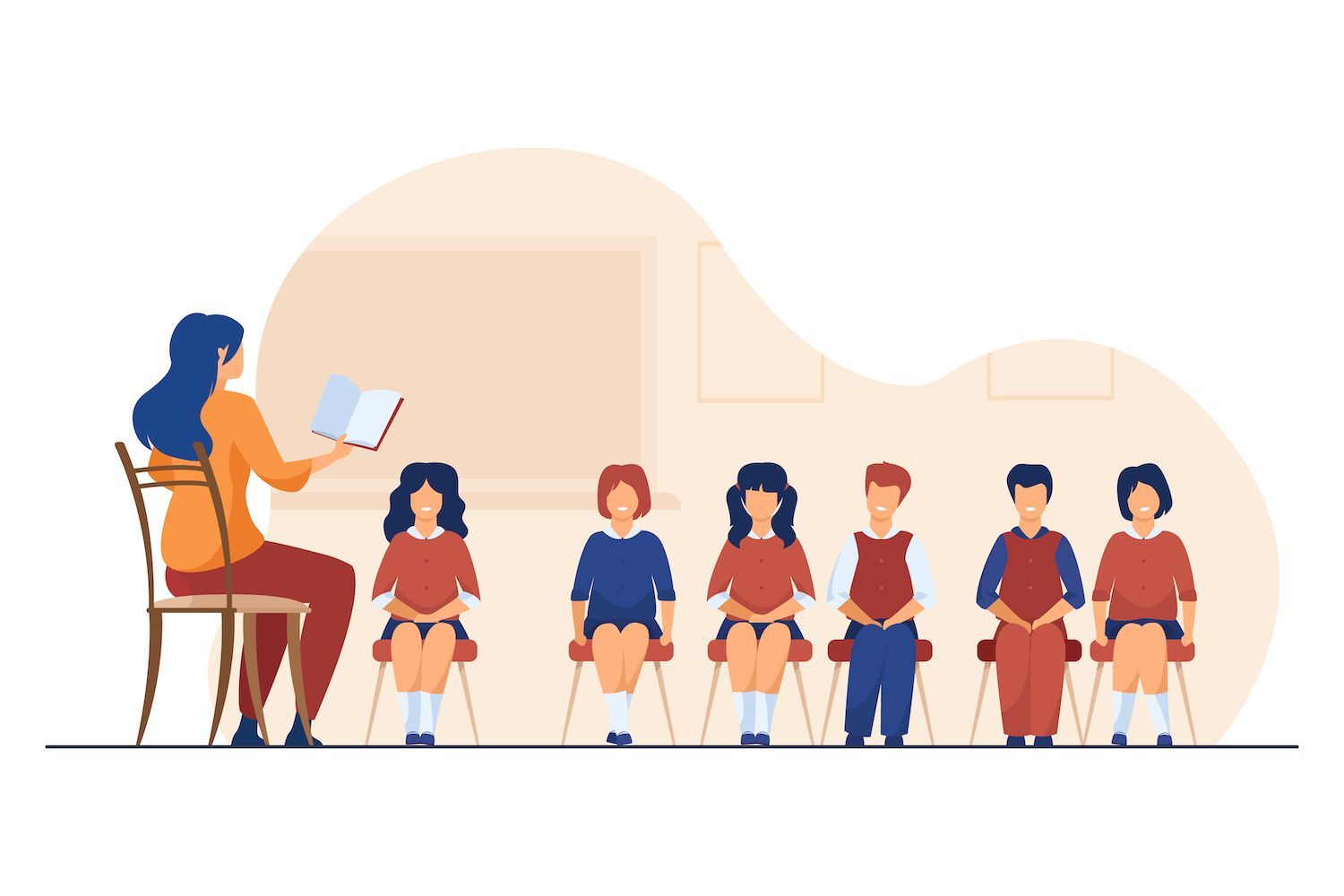
Location independent
Digital creators comprised a number of the first generation of digital nomads, taking advantage of the freedom their job provided them with the ability to travel all over the world.
When you're creating stuff to put online It doesn't really matter where you reside. This means that there are plenty of chances to advance your career but you also often get flexibility in your place of residence.
Blog posts can be written at Philadelphia, Paris, or Phuket. You can take Instagram photos from any place on the planet. It is likely that your feed will be better because of it.
Most digital artists and creators are laptop users and are able to travel wherever they like.
In demand
Creators of digital content are sought-after. With so much volume of content available on the web, those who produce content that could be translated into likes, views and even subscribers are highly sought-after. You could directly earn money from your digital content and there are many ways to do this. It could also involve being employed by a business which is looking for digital content. Most firms are making content that they can make available online.

Digital content can be classified into different types
Here are some examples of various types of content that are digital.
- Written: Blog posts, ebooks, social media, newsletters
- Multimedia can include: Photos Vector images memes, and GIFs
- Video: Long-form video, shorts, livestreams, video templates, online courses
- Audio: Podcasts of audio Music sounds, sound effects and many other audio documents
- Digital art Logos, graphics, and paintings, and graphic designs NFTs, as well as paintings
- eCommerce: Listing of products Knowledge base articles, listing and reviews. list, knowledge base articles, and reviews
- VR & Gaming: Roblox games VR, virtual worlds, game apps, questions
What's the most effective way to develop into a digital creator?
Find your niche
Content creation usually happens best when it is a particular niche. Even creators that eventually hit mass appeal usually start out in a niche or audience.
Examples:
- PewDiePie (Felix Kjellberg): The show began by playing video games. It later expanded to encompass other areas of interest.
- Lilly Singh: The Canadian YouTuber began by presenting sketches on cultural identity and daily life before expanding into performing in mainstream films, as well as hosting a late-night program.
- John Green: Started as "The Vlogbrothers" together with Hank, his brother. They talked about the world of scientific research and the human condition. But at the end of the day, John expanded to different themes, such as a bestselling novel called The Fault In Our Stars.
- Issa Rae. She developed the online series The Mis-Adventures of Awkward Black Girl. The show's success led her later to develop"Insecure," an HBO series "Insecure ."
A bit of niching can enable creators concentrate on their strengths in certain areas, and later build an audience around that particular aspect.
Digital creators with eyes on a business approach to digital production, the niche also helps the business to succeed rather than trying to appeal to every person. If we witness people create community-based courses or communities, they always do better with a defined focus.
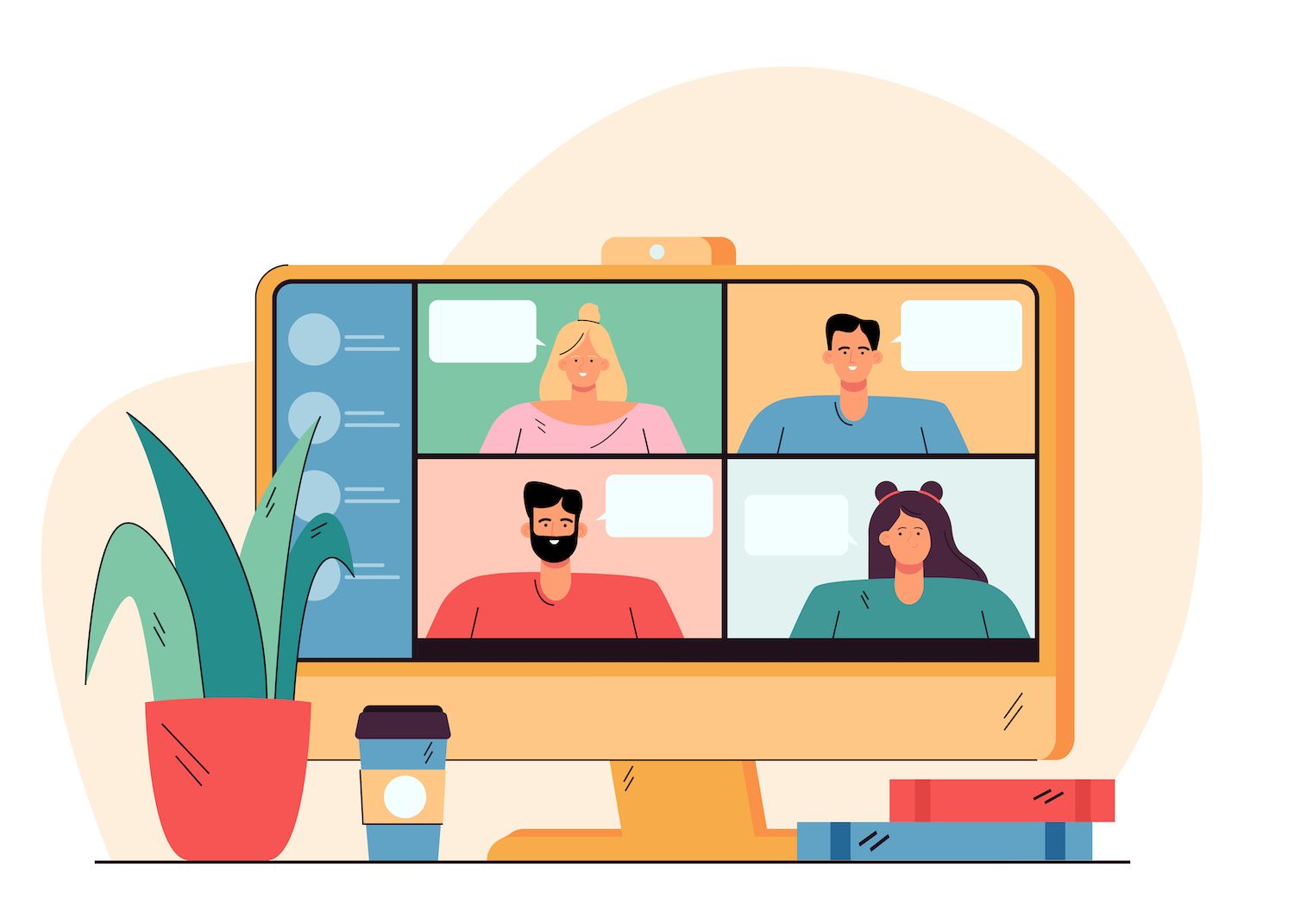
What is the best way to identify your area that you are an expert in?
There's no one way to find your niche as a digital artist, but, here are a couple tips that can help you get going:
- Note down topics that you can talk about for a long time. Consider you're asking yourself: what topic could you give a a ten minute talk on without preparation?
- You can ask your family and friends who are a source of advice or insights about.
- Look at the creators who are already following. There are many people who have similar interests to us who are doing those things we're fascinated by. Are you able to see an opportunity that you can build alongside people like yourself? (And don't let imposter syndrome get you down! When you first meet it, it could seem scary. )
Create your own craft
The word "craft" may not be one that people consider when thinking of digital creators. Like all great arts, digital design can be described as an art. It takes excellence and expertise. Most creators have developed an ability that helps them create a lasting impression.
The case of the musician JVKE became a household name and TikTok fame in the aftermath of. In his first videos, he'd pretend that his mom was trying to create music for his mom. In the following, he would create incredible songs made up of mashups that "his mom" created. One of his very first songs was the song "Upside Down"--which featured samples of the hit track Hood Baby, by KBFR.
The smash hit single was a huge success and exploded in popularity (With numerous people declaring anger over the fact that JVKE became famous, even though it was really his gifted mother "creating it all.")
But the truth is that JVKE didn't have luck. He was an incredibly gifted musician prior to starting. Instead of releasing the music through TikTok, he created a fun hook format that always featured the mother of his child demanding that he play music (with clips of her making music). Through a combination of vocals, instrumentation, music production, and amusing video clips, JVKE went viral and is now creating Billboard songs like Golden Hour.
Whatever the content you create be, there'll be the technique. If you're writing, creating videos, singing, or just teaching people work in Excel improving your craft is the way to get into content that's great enough to be noticed.
NOW, you can develop your skills while sitting in a place. One of the best methods to develop your abilities is to start creating video content. As you go through the videos of numerous YouTubers will show that over time they've improved on their presentation, production skills and related concepts to video.
You don't have to just wait until you're ready to become an expert. Creation of content is a fantastic method to experiment and learn while on the move.
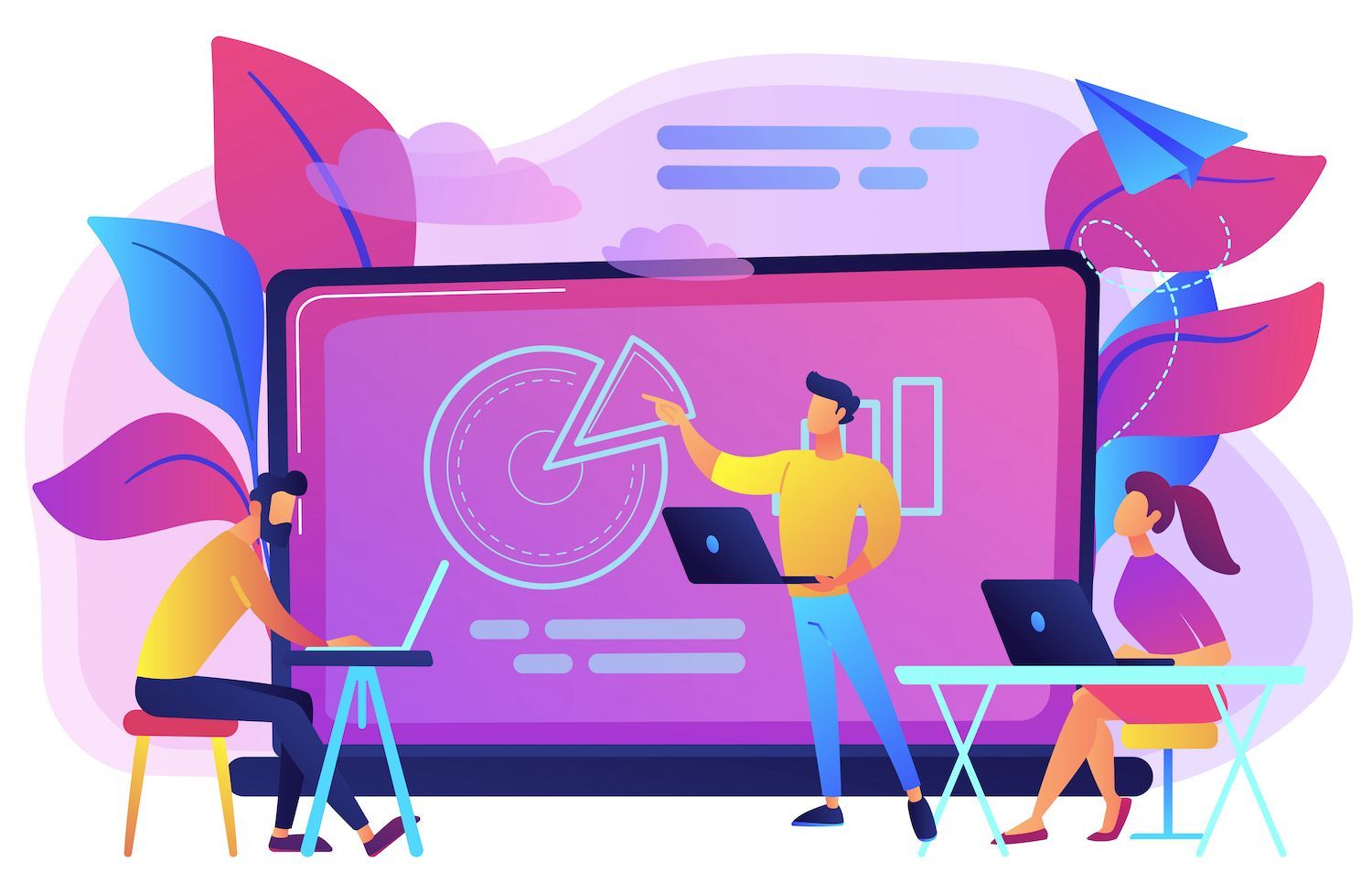
Find the top skills
Each type of digital creator demands a certain kind of understanding.
As we watch people launch communities that are flourishing They usually possess leadership skills to bring people together. They also have the ability to design and communicate an idea that other members be able to comprehend. They have the skills to ensure that users feel a an integral part of the community and they also have the ability to establish a plan that will allow the community to grow.
You don't need to need all these skills right now. Learning by doing is an effective method of learning them.
However, whether through hands-on instruction or through specialized training, the majority of digital creators gain some understanding.
- There are some who take classes for instance writing classes that help you create the type of writing that sells.
- A few may have to master the use of equipment, such as a camera or microphone.
- You may also learn how to edit videos or do keyword research for blog content.
There are different, valuable capabilities for every kind of digital creator. Knowing them will help you put your best stuff forward.
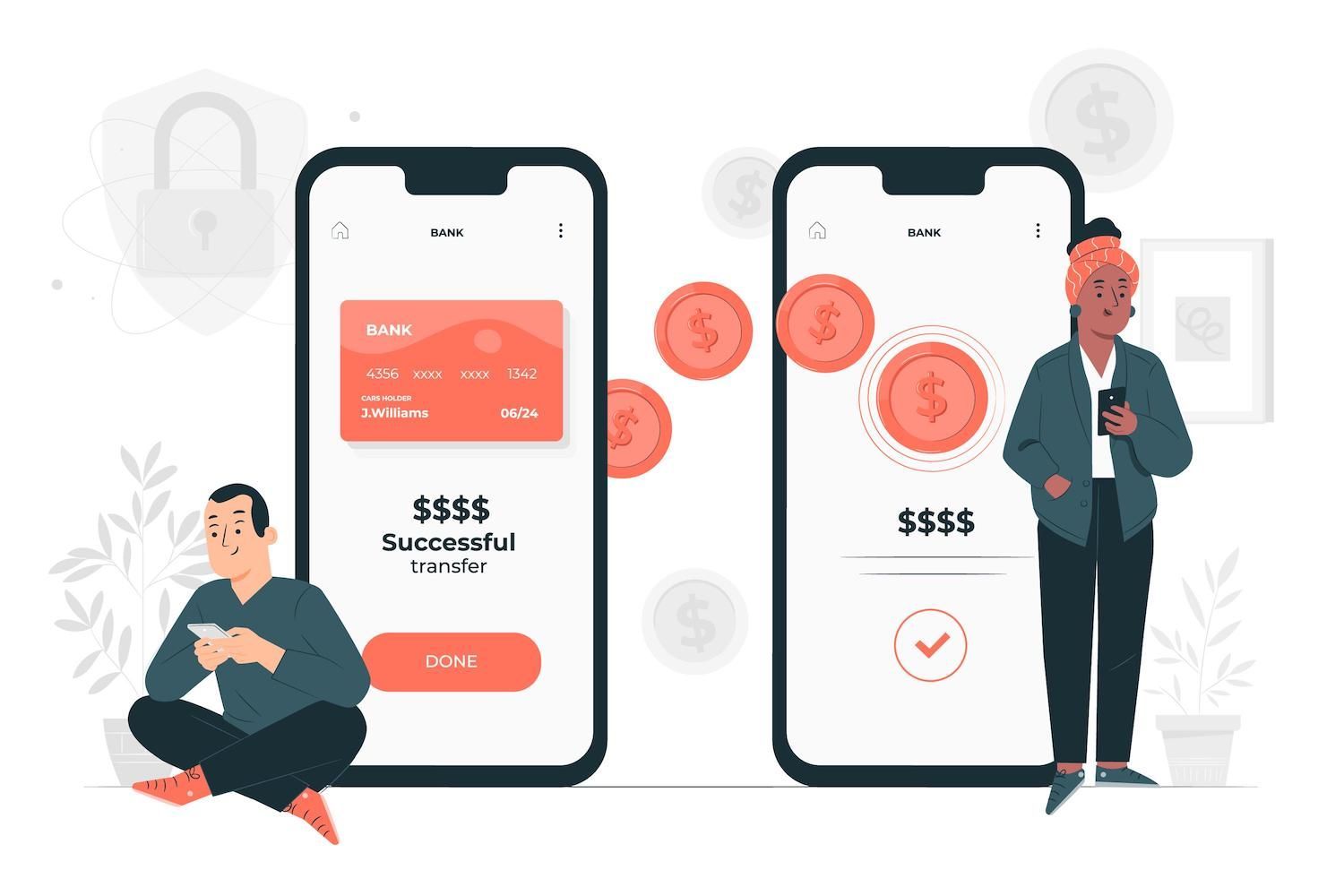
Pick the preferred store
In the end you'll select a media for the creation of content. The above list of "types of digital content" below provides examples of the kind of content to make, however each one is a good fit in a particular place.
- If you are a fan of hosting discussion and engaging with the people in your community maybe a group might be the right choice. These examples of community websites can inspire you.
- If you're a fan of making and editing enjoyable videos, perhaps you'll end up becoming a YouTuber.
- If you've got a great photographer's eye and are looking to create stunning images and videos, Instagram is the best platform for you.
- If you're interested in writing about politics and providing an analysis of and views on what's happening within the halls of power, perhaps you're more suited start a blog on the internet (or even pitching op-eds to major publications).
- If you'd like to bring an image for a certain company onto social media and to create the right environment, perhaps you're required to apply as an administrator for social media.
Select the content source which is compatible with what you're looking to produce.

Create a strategy for content
This isn't just an isolated flash. Digital creators who publish for a week, and after that, stop publishing are going to experience... absolutely nothing. There is nothing.
The process requires consistency, and it's crucial to remain in the same direction, regardless of whether you're building a community of members and members of a mailing list or having a presence on social media.
And those who adhere to this will be those who can see how it has changed over time.
If you're an independent digital artist or working as a part of an organisation It is helpful to establish the right strategy for your content! In the case of, for instance, when we produce articles for our Mighty blog, we usually can set the targets for the content we create in the big picture of the quarter. After that, we study the keywords we're using to identify what we'll require to consider from an SEO standpoint, then we draw up the content we'll be publishing by using a Monday's calendar.
This helps us keep our track of what's in the field and keep us accountable for building it!
Whatever type of content you're putting together, having the right strategy for your content will be beneficial. Be realistic with your strategy regarding the content you create. Most new content creators aren't aware that it's probably impossible to claim: "I'm going to create 10 YouTube videos each week." It's also more likely you'll be discouraged by these expectations.
Instead of focusing on volume Make it a top priority that you stick with an strategy for content that you can stick to for long periods of time. A single video, article, etc. A week's worth of material is a significant amount. The key to ensuring consistency is the thing that most would-be creators have trouble with.
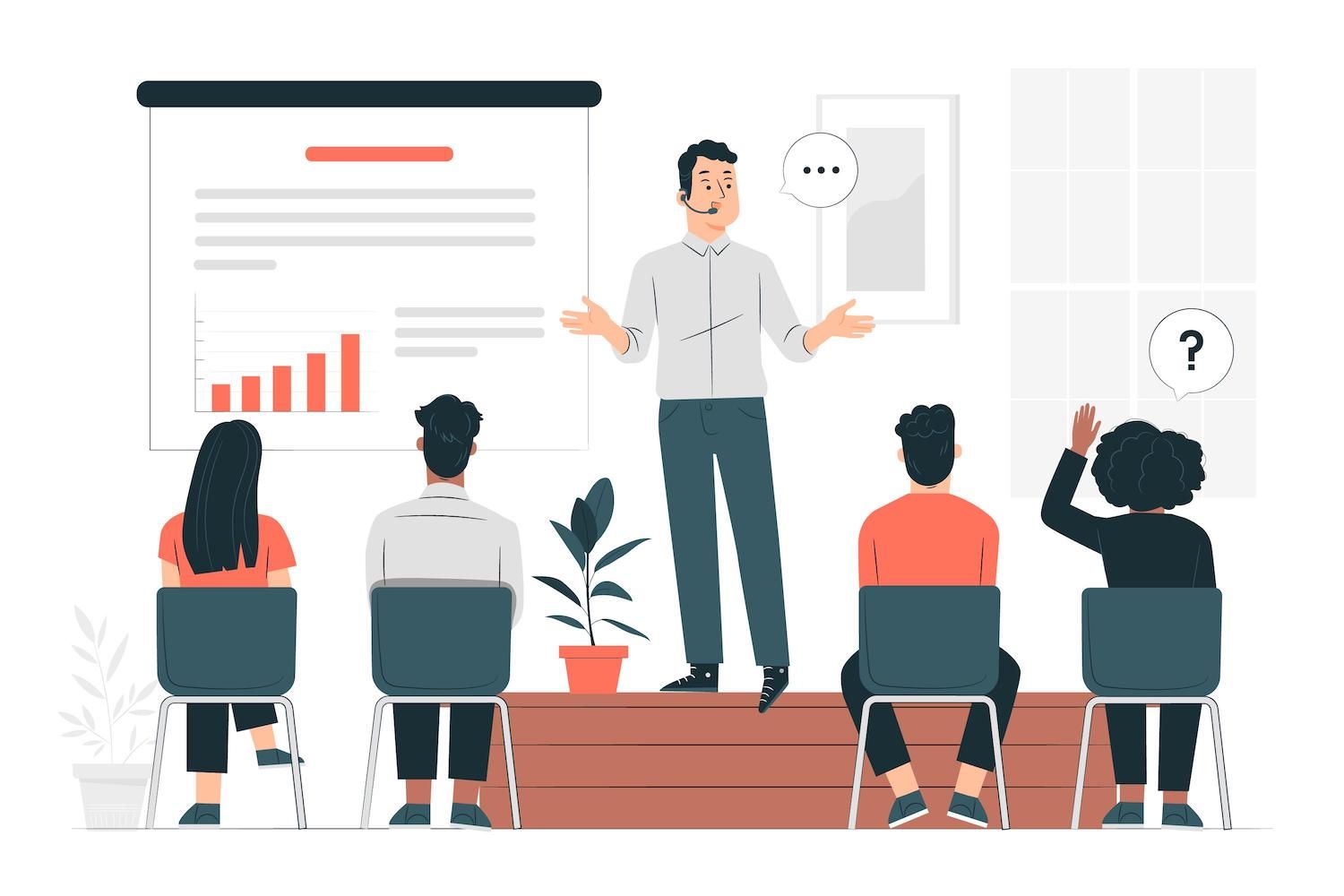
Build your community
"Community" is one of the terms that get tossed about a lot in the world of digital media. It's true that we're biased in this regard-as a social platform, but it's not the only way to be described as being part of a community. If you've had one Twitter user that has posted comments on your posts, could this be your community? If you've seen the same three individuals liking your Facebook posts, do you think this is your community?
No!
Here's what's known as community on various websites.
What do they mean by community by using the word community
In the case of many brands on the internet as well as creators, community refers to:
- Your blog posts are constantly viewed by people who comment on your blog's articles.
- Participants showing up on your livestreams.
- People joining your mailing list.
- People asking questions in the comments on YouTube.
- Users who responded to a Twitter poll.
This isn't great, but numerous creators are searching for this. More followers. Many more fans. It is a desire to observe a vanity metric climb but without the necessity of creating an authentic human connection.

What exactly are we referring to when we say the word"community"?
If we consider the concept of community, we are thinking about real human connections. The focus isn't on superficial comments, but rather the chance to go deep and really create meaningful connections with others.
As we speak of the word "community," we are thinking of:
- Members do not just take in your content but create their own.
- Members who can respond to the questions of other members with their own personal experience.
- People who form friendships with one another, without having to be present.
- Members who are willing to be there day after day, to ensure that the community that they are part of becomes a an integral part of their lives.
The true community doesn't rely on the simple connections of subscribers or fans to the creator. True community is based on the connection of members and the feeling of belonging.
That's exactly what we're looking for.
If you're a creator of digital media, you might be looking for an initial type of community. As you begin you'll be happy to have readers and commentaries. The Dopamine rushes from these likes fade away. If you make a mistake and people begin to dislike who you are, it's because they have never truly known them before.
An active community of users allows you to work with less. It's still possible to be a digital creator and host conversations instead of doing. Your guests discover the more valuable thing than the thrill of hosting and they discover a persona.
That's what communities accomplish. This is why we love these communities. If we talk about monetization, a community can grow into a successful online business with only a few million or thousands of followers. Indeed, we've observed the growth of seven- and six-figure businesses grow out of only a few followers who are engaged.
Learn how to make money from your work
Some creators aren't keen to be monetized at certain times. If that's you, you'll need to figure out an effective monetization plan that's right with your company and its company's image. Naturally, there's a myriad of ways to do this, ranging from marketing to selling digital goods.
You'll have to discover what works for your brand.
Do check out the creator calculator, which will assist you in determining what you'll receive from the various sources of monetization.

Digital creator vs. influencer
The term "HTML0" is used to refer to the digital creator of content in this article, but what's the difference between an online creator and an influencer?
If you're looking for how to think about digital creator and influencer, it's this digital creator that describes the content made using digital technology, while influencer describes an individual's output. Digital creators are the person who makes digital material. Someone whose content draws lots of attention and fans and has built enough social capital to ensure that their thoughts and ideas can influence the thoughts and behaviour of others. Influencers are able to earn money by promoting their brand and many creators of digital content have not yet made money from their content.
In order to simplify the process, consider this that every influencer counts as an online creator. Yet, not every digital creator is an influencer-because the influencers' success is measured by their following.

Some examples of some of the top creators of digital content
There are numerous amazing examples of digital creators. We will look at a few our most loved digital creators that have created communities that are Mighty!
Adriene Mishler: the most viewed yoga instructor on YouTube as well as the brain behind the YouTube channel Yoga which also has Adriene (12 million users). Adriene and her team manage both Find What Feels Good and Kula communities on Mighty.
Martinus Evans: Increased his Instagram following, which is comprised mostly of "back-of-the-pack runners" to 95,000 users. Later, Martinus Evans grew his following to a crowd of 20,000 people.
Ashley Fox: Left her six-figure Wall Street job to teach financial literacy to the bulk of the population that big financial institutions can't help. The organization she founded was known as Empify that shook up the world and taught financial literacy to more than fifty schools and in the Wealth Builders Community.
Sadie RobertsonHuff: A popular author, speaker, TV personality, and one of the world's most influential voices of young Christian women, in the present. With more than 4.6 million Instagram followers as well as national speaking tours and a podcast listed among the best, WHOA, That's Good. She is the manager of the LO sister community. LO sister.
Drew Binsky: A travel YouTuber who boasts more than 5 billion views. He created a brand-new app called Just Go to assist people in falling in love with travel.

Are you prepared to become an online creator?
In this post, it's very easy to overthink being an artist on the internet. Most of the time the most efficient way to begin is to start.
If you're looking for an the chance to create your own platform, build it with us! It connects content, classes along with community and commerce. Mighty is the best G2 Community platform. It's the perfect platform for you to begin your own online presence, then create a company around the content.
Try it for 14 days! There is no obligation to use a credit card.
Get started with your free trial
This post was posted on here
